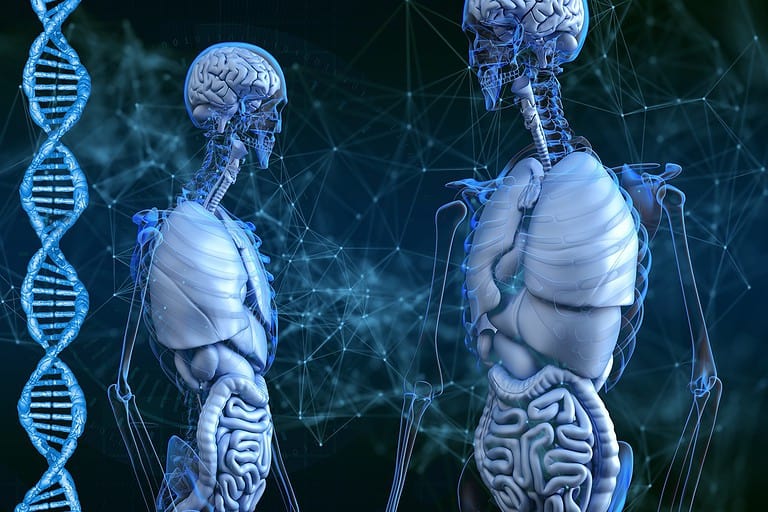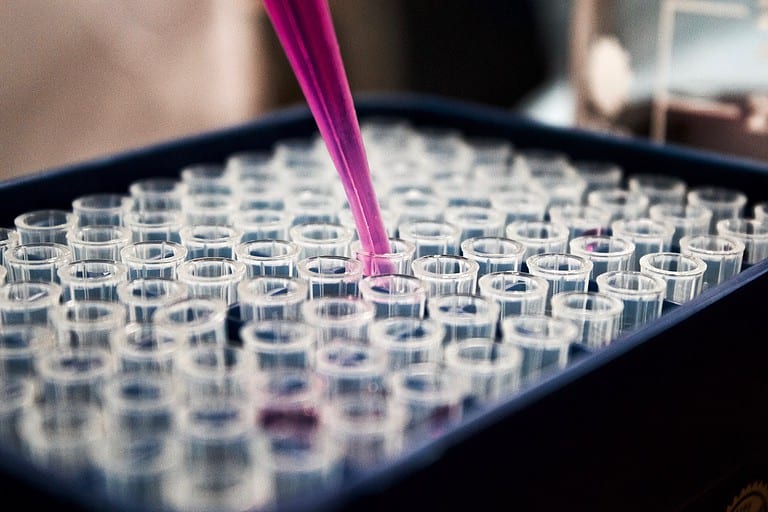Food as a Drug: The Science Behind Our Cravings and Addictions
Food is essential to human survival, but it can also be a source of addiction. Just like drugs, highly palatable foods can trigger feel-good brain chemicals like dopamine, leading to a cycle of craving and consumption. This has led to a growing body of research on food addiction and its impact on physical and mental health.
Some experts argue that food addiction is a real condition, with symptoms and behaviors similar to those of drug addiction. Others are more skeptical, pointing out that food is a necessary and natural part of life, and that labeling it as a drug may be overly simplistic. Nevertheless, there is no denying that certain foods can have a powerful effect on the brain, and that some people struggle to control their intake.
In this article, we will explore the concept of food as a drug, examining the evidence for and against the idea of food addiction. We will also look at the potential health consequences of overconsumption, and discuss strategies for breaking the cycle of addiction and achieving a healthier relationship with food.
Defining Food as a Drug
Food is a basic necessity for human survival, but it can also be used as a drug. The term “drug” is often associated with substances that are ingested for their psychoactive properties, but the definition of drugs is much broader than that. According to the Federal Food, Drug, and Cosmetic Act (FFDCA), a “drug” is any substance intended for use in the diagnosis, cure, mitigation, treatment, or prevention of disease in humans or animals.
While food may not be intended for these purposes, it can still have drug-like effects on the body. Certain foods contain compounds that can affect the brain and alter mood, such as caffeine in coffee or chocolate. Other foods can have medicinal properties, such as garlic, which has been shown to have antibacterial and antiviral effects.
However, it’s important to note that not all foods can be considered drugs. The definition of drugs does not include food, and scholars generally point out that food is not intended for therapeutic purposes. Instead, food is meant to provide nourishment and energy to the body.
That being said, the line between food and drugs can sometimes be blurred. Many foods have drug-like properties and can be used to treat or prevent certain conditions. For example, foods with vitamin C, such as citrus fruits, can cure scurvy, a disease caused by vitamin C deficiency. Similarly, omega-3 fatty acids found in fish have been shown to have anti-inflammatory properties and can help prevent heart disease.
While food may not fit the traditional definition of drugs, it can still have drug-like effects on the body and be used for medicinal purposes. It’s important to understand the potential benefits and risks of using food as a drug and to consult a healthcare professional before using food to treat or prevent any medical conditions.
Effects of Food on the Brain
Dopamine and Reward Pathways
When we eat food, our brains release dopamine, a neurotransmitter associated with pleasure and reward. This release of dopamine reinforces our desire to eat the food again, creating a positive feedback loop. In some cases, this response can be so strong that it leads to overeating and obesity.
Research has shown that high-fat and high-sugar foods can activate the brain’s reward pathways in a way that is similar to drugs of abuse. This can lead to cravings and compulsive eating behaviors, even in the absence of hunger.
Addiction and Withdrawal
Some people may experience symptoms of addiction and withdrawal when it comes to certain foods. This is particularly true for highly processed foods that are high in sugar, fat and salt.
Withdrawal symptoms can include irritability, headaches and cravings. These symptoms can make it difficult for people to stick to a healthy diet and can contribute to the cycle of overeating and weight gain.
Studies have also shown that people who are addicted to food may have similar brain activity patterns as those who are addicted to drugs. This suggests that food addiction is a real phenomenon and should be taken seriously.
While some foods can have drug-like effects on the brain, it’s important to remember that not all foods are created equal. Whole, nutrient-dense foods like fruits, vegetables and whole grains are essential for good health and can help support brain function and mental well-being.
Food Marketing and Addiction
Food Industry Tactics
The food industry uses a variety of tactics to make their products more addictive. They often add sugar, salt, and fat to increase the palatability of their products. In addition, they use artificial flavors and colors to make their products more appealing to consumers. They also use packaging that is designed to catch the eye, such as bright colors and bold graphics. These tactics are used to create a sense of desire and craving in consumers.
The food industry also uses marketing to create a sense of trust and loyalty among consumers. They often use celebrity endorsements, sponsorships and other forms of advertising to create a positive image for their products. They also use social media to create a sense of community and engagement around their products. These tactics are used to create a sense of emotional attachment to the products.
The Role of Advertising
Advertising plays a major role in food addiction. It creates a sense of desire and craving for certain foods. It also creates a sense of trust and loyalty to certain brands. Advertising is designed to create a positive image for the products being sold. It often uses emotional appeals, such as happiness, love, and comfort, to create a connection with consumers.
Advertising also uses psychological tactics to create a sense of urgency and scarcity. Limited time offers, flash sales, and other promotions are designed to create a sense of urgency in consumers. This can lead to impulsive buying and overconsumption of food products.
In addition, advertising often targets vulnerable populations, such as children and low-income communities. Children are often targeted with advertising for sugary cereals, snacks, and other unhealthy foods. Low-income communities are often targeted with advertising for fast food and other unhealthy options. This can lead to a cycle of poor health and food addiction.
Health Implications of Food as a Drug
Obesity and Related Diseases
Food can be addictive and trigger the same pleasure centers in the brain as drugs. This can lead to overeating and obesity, which is a major risk factor for many chronic diseases such as heart disease, diabetes, and cancer. The high sugar and fat content in processed foods can also lead to insulin resistance, which can cause type 2 diabetes.
Research has shown that a diet high in whole foods, such as fruits, vegetables, and whole grains, can help prevent obesity and related diseases. These foods are nutrient-dense and provide essential vitamins and minerals without the added sugars and unhealthy fats found in processed foods.
Mental Health
Food can also have an impact on mental health. Studies have shown that a diet high in processed foods and refined sugars can increase the risk of depression and anxiety. On the other hand, a diet high in whole foods, such as the Mediterranean diet, has been shown to improve mood and reduce the risk of depression.
Additionally, certain foods contain nutrients that can support brain health, such as omega-3 fatty acids found in fish and nuts. These nutrients can help improve cognitive function and protect against age-related cognitive decline.
Physical Health
Food can also have a direct impact on physical health. For example, certain foods can interact with medications and affect their effectiveness. Grapefruit, for example, can interfere with the metabolism of some medications, leading to potentially dangerous side effects.
Additionally, certain foods can cause allergic reactions or intolerances in some individuals. Common food allergens include peanuts, tree nuts, shellfish, and dairy products. These allergies can cause symptoms ranging from mild itching to life-threatening anaphylaxis.
Food can have a significant impact on our health, both positive and negative. A diet high in whole foods can help prevent obesity and related diseases, improve mental health, and support brain function. However, it’s important to be aware of the potential interactions between food and medications and to be mindful of any food allergies or intolerances.
Conclusion
Food is a fundamental necessity for human survival, but it can also be used as a drug. This article has explored the concept of food as a drug, examining how certain foods can affect the body and brain in ways that are similar to drugs.
Through the research, it has become clear that certain foods can trigger addictive behaviors and have a significant impact on mental health. The similarities between food and drugs highlight the need for further research into how we consume and regulate food in our society.
It is important to note that not all foods are created equal, and some can have a more significant impact on the body and brain than others. For example, highly processed foods and those high in sugar and fat are more likely to trigger addictive behaviors and cause negative health effects.
As individuals, it is important to be mindful of our food choices and the impact they can have on our health. As a society, we need to examine the way we produce, market, and regulate food to ensure that it is not being used as a harmful drug.







